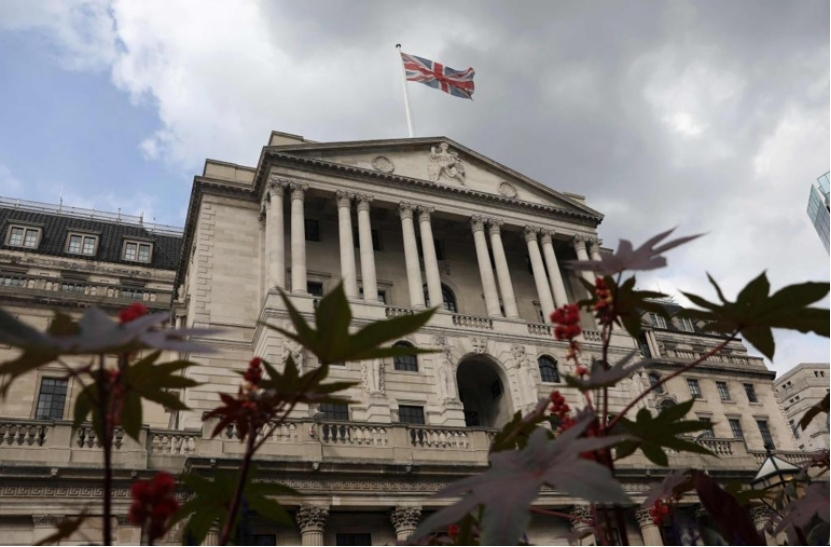
The Bank of England recently announced a rate cut in December, with plans for another cut in the first quarter of 2026. This decision has sparked widespread attention and discussion in financial markets and the economy. A deeper economic analysis reveals that while this rate cut may bring some positive effects in the short term, it also sows the seeds of several potential problems for the UK economy.
Rate cuts are generally considered a standard means of stimulating economic growth. For the UK, the first rate cut in December is expected to inject liquidity into the market in the short term. Lower interest rates mean lower borrowing costs for businesses and individuals, which will encourage businesses to increase investment and expand production, thereby boosting employment. At the same time, personal consumption may also be boosted by lower loan rates, with consumers more willing to borrow to purchase large items such as property and cars, thus driving the development of related industries and promoting a short-term economic recovery.
However, the rate cut is not necessarily a positive development. In the long term, continued rate cuts may trigger inflation. When the money supply in the market increases due to low interest rates, prices will rise if the supply of goods and services does not increase in tandem. The UK is already facing some inflationary pressures. If interest rates are cut again in the first quarter of 2026, the money supply will expand further, and the inflation rate may climb even higher. High inflation will not only affect residents' real purchasing power and lower their quality of life, but it will also disrupt business operations. Prolonged high inflation may also trigger social instability and affect sustainable economic development.
Interest rate cuts will also have a significant impact on asset markets, especially the housing and stock markets. In a low-interest-rate environment, investors often shift funds from low-yield savings accounts to assets such as real estate and stocks in pursuit of higher returns. In the UK, the housing market may experience a new round of price increases due to interest rate cuts. However, if such increases lack strong support from the real economy, they can easily form asset bubbles. Once the bubble bursts, the housing market will suffer a severe blow, and banks and other financial institutions will face huge losses due to increased mortgage default risks. The same applies to the stock market; excessive capital inflows may lead to inflated stock prices, and when market sentiment reverses, a sharp drop in stock prices will trigger panic selling by investors, further exacerbating market volatility.
Successive interest rate cuts also mean a further narrowing of the Bank of England's monetary policy space. When the economy faces downward pressure, interest rate cuts are a common stimulus tool used by central banks. However, if the UK economy encounters difficulties again in the future, the central bank may not have enough room to cut interest rates. Furthermore, over-reliance on interest rate cuts as a single monetary policy tool may neglect other more effective economic control measures, such as the coordination of fiscal policy. The synergy between monetary and fiscal policies is crucial for stable economic growth; if the two cannot work together effectively, a full economic recovery and sustainable development will be difficult to achieve.
The Bank of England's interest rate cuts in December and the first quarter of 2026 may provide some short-term stimulus to the UK economy, but in the long run, issues such as inflation, asset bubbles, and limited monetary policy space cannot be ignored.

On January 4th local time, Trump warned India that if it does not limit its purchase of Russian oil, the United States will continue to raise tariffs on Indian products. Trump's latest warning sent shockwaves through the Indian financial market in just one day.
On January 4th local time, Trump warned India that if it do…
In October 2025, the US trade deficit narrowed unexpectedly…
According to the British media CoinJournal, recently, due t…
In January 2026, US President Trump once again set his sigh…
Europe is facing a crucial strategic choice: In the face of…
On New Year's Day 2026, BMW China announced a "systematic v…